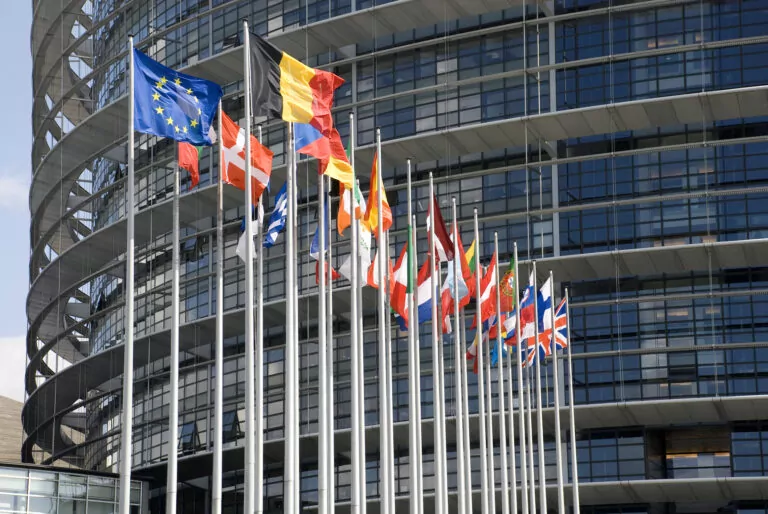Add to favorites:
Share:
This Horizon Europe funding call focuses on addressing the critical issue of food waste at the household level. With over 58 million tonnes of food waste generated annually in the EU, this call seeks to harmonize food waste measurement across Europe through innovative tools and methodologies. Projects should leverage AI and advanced technologies to simplify data collection and reporting, targeting the reduction of food waste while contributing to EU climate and sustainability goals.
Key areas include developing tools to measure food waste, understanding its drivers, and promoting eco-friendly solutions to reduce avoidable food waste. The research must adopt a multi-actor approach and consider diverse socio-economic, cultural, and demographic factors. Proposals are encouraged to integrate findings from existing EU-funded projects and engage stakeholders through citizen science. Successful outcomes will align with the European Green Deal, Waste Framework Directive, and Food 2030 Pathways for Action.
Opening: 06-05-2025
Deadline(s): 04-09-2025
Data provided by Ghent University
This funding opportunity represents a pre-agreed draft that has not yet been officially approved by the European Commission. The final, approved version is expected to be published in the first quarter of 2025. This draft is provided for informational purposes and may be used to preliminarily form consortia and develop project ideas, but it is offered without any guarantees or warranties.
Expected Outcome
• Harmonized food waste measurement producing reliable and comparable data.
• Reduced reporting burdens through technological innovations.
• Improved understanding of factors influencing food waste at household level.
• Contribution to the reduction of food waste, greenhouse gas emissions, and pressure on natural resources.
Scope
• Develop and validate new tools for measuring household food waste, including both edible and inedible fractions.
• Investigate root causes and drivers of food waste at household level to inform reduction strategies.
• Promote eco-friendly, low-input technological solutions to prevent edible food from being discarded.
• Ensure robust data collection across diverse socio-economic groups in all EU Member States.
• Encourage synergies with existing EU-funded research and initiatives.
Related Funding and Finance Opportunities
Unlock Exclusive Funding Opportunities!
🔑 Get instant access to tailored funding opportunities that perfectly match your needs. This powerful feature is exclusively available to our premium members—helping you save time, stay ahead of the competition, and secure the right funding faster.
Upgrade to Premium now and never miss an important opportunity again! Already a premium member? Log in here to explore your matches.

